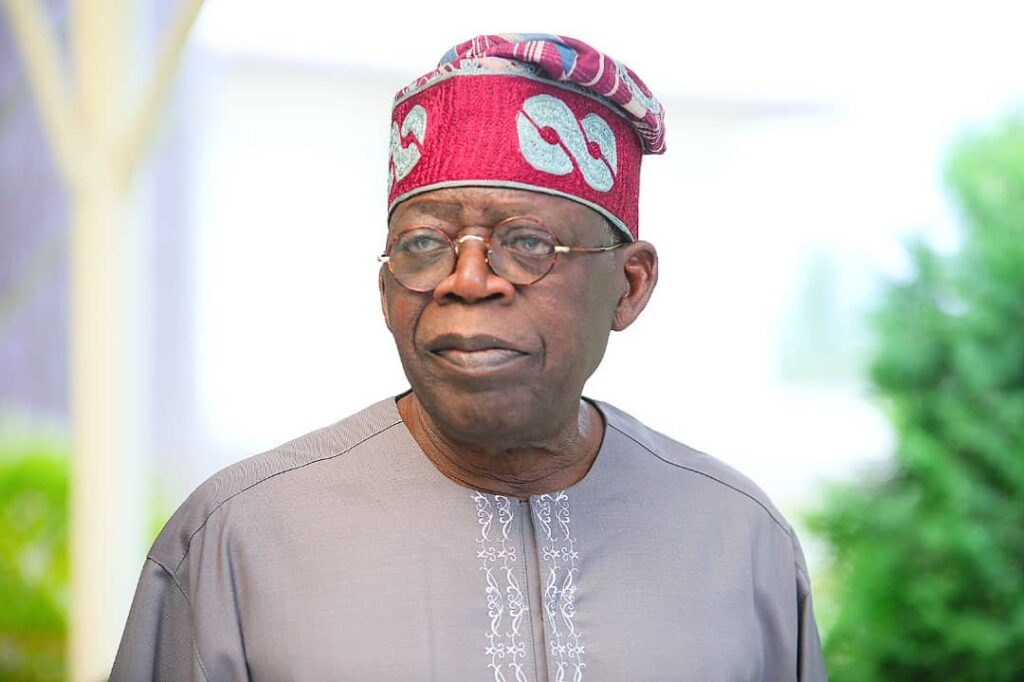In a recent turn of events, the Nigerien political landscape was shaken by a military coup that sent shockwaves across the international community. As the nation grapples with the aftermath of this abrupt transition of power, influential figures are stepping forward to address the situation. Among them is Bola Ahmed Tinubu, a prominent Nigerian politician, who has called for renewed sanctions in response to the military coup in Niger. This blog post delves into the context, implications, and potential outcomes of this call for sanctions.
The Nigerien Military Coup: A Recap
On the earlier days of August 2023, Niger’s political stability took a hit when the military staged alleged coup, overthrowing the government of [Former President’s Name]. The coup plunged the nation into uncertainty, leading to concerns about the country’s democratic progress and stability in the region. The international community, including neighboring African nations and global powers, swiftly condemned the coup and raised questions about the implications it could have on Niger’s future.

Bola Ahmed Tinubu’s Call for Sanctions
Bola Ahmed Tinubu, the president elect of Nigeria, a prominent figure in Nigerian politics and a key player in the country’s political landscape, has made a bold move by publicly calling for renewed sanctions in response to the military coup in Niger. Tinubu’s call reflects the growing concern not only within Niger but also in the larger West African context. Sanctions, if imposed, could target the military junta and other entities responsible for the coup, aiming to pressure them into restoring democratic governance.
Implications of Sanctions
- International Pressure: Sanctions would add a layer of international pressure on the new ruling regime, sending a strong message that the global community stands in favor of democratic governance and a peaceful transition of power.
- Economic Consequences: If sanctions are enacted, they could lead to economic hardships for the sanctioned entities, potentially impacting their access to international trade, financial resources, and diplomatic relations.
- Regional Stability: The crisis in Niger has implications beyond its borders. Sanctions could play a role in shaping regional stability, influencing neighboring countries’ stance on the situation and potentially contributing to a resolution.
The Way Forward
The call for sanctions by Bola Ahmed Tinubu highlights the complexities of responding to political crises, especially when they threaten democratic norms and stability. As the international community contemplates its response, it must consider a balanced approach that aims to restore democratic governance in Niger while also minimizing potential negative consequences for the population.
Conclusion
The military coup in Niger has set off a series of reactions both domestically and internationally. Bola Ahmed Tinubu’s call for renewed sanctions demonstrates the importance of collective action to uphold democratic principles and advocate for a peaceful resolution. The path ahead remains uncertain, but the response to this crisis will undoubtedly shape the future trajectory of Niger and the broader West African region. As the global community watches closely, the call for sanctions serves as a reminder of the interconnectedness of political events and the role influential figures can play in influencing the outcomes of such crises.


